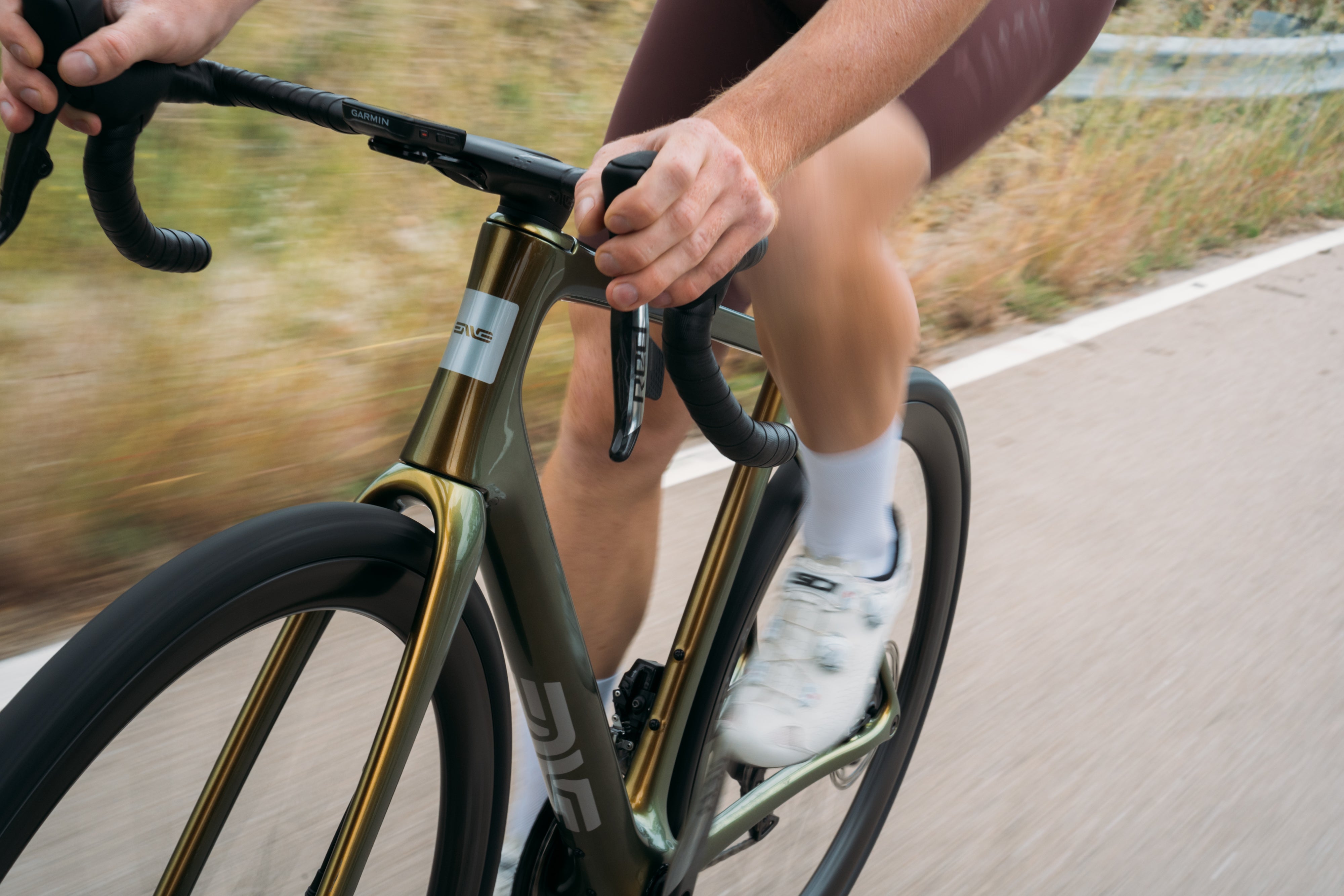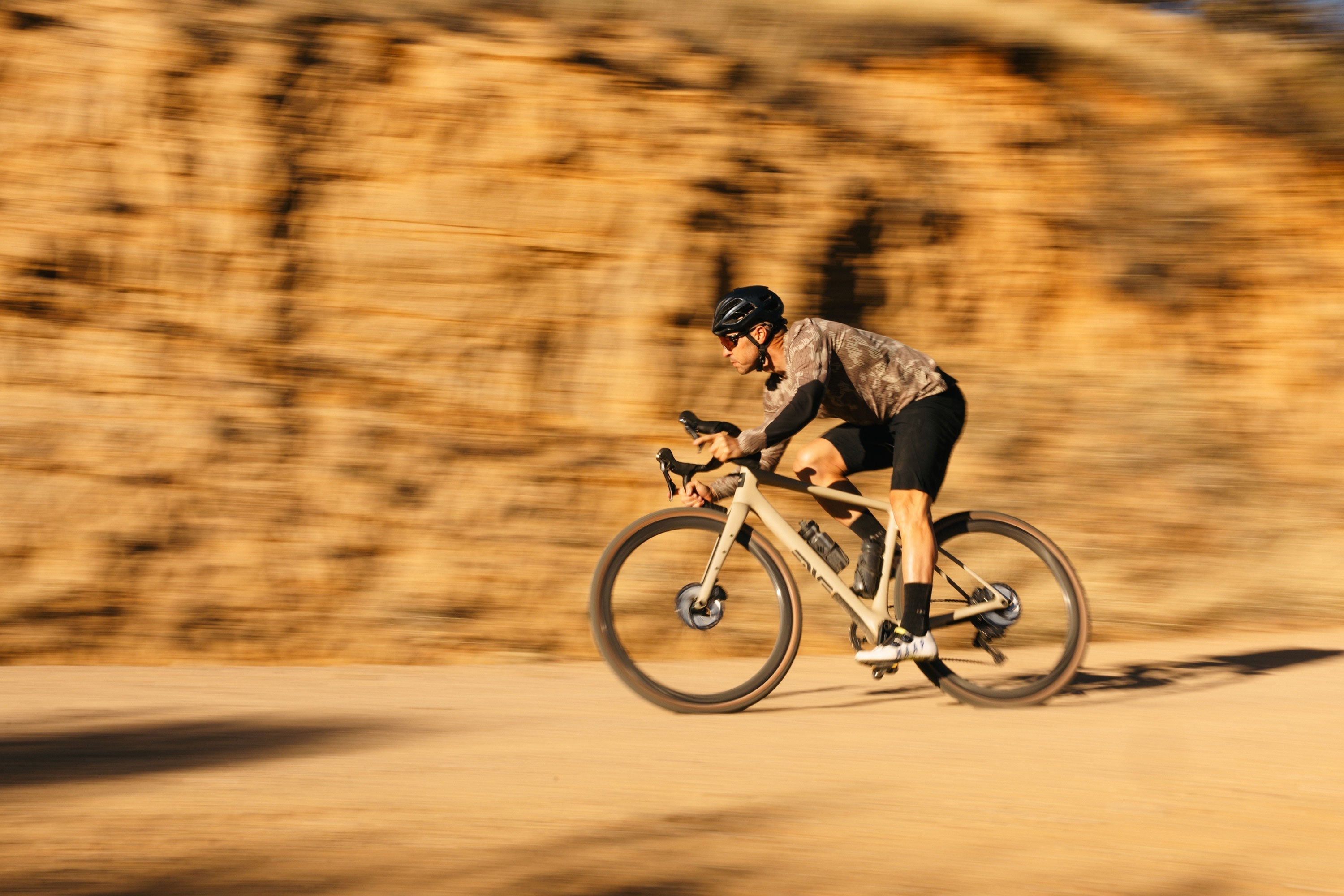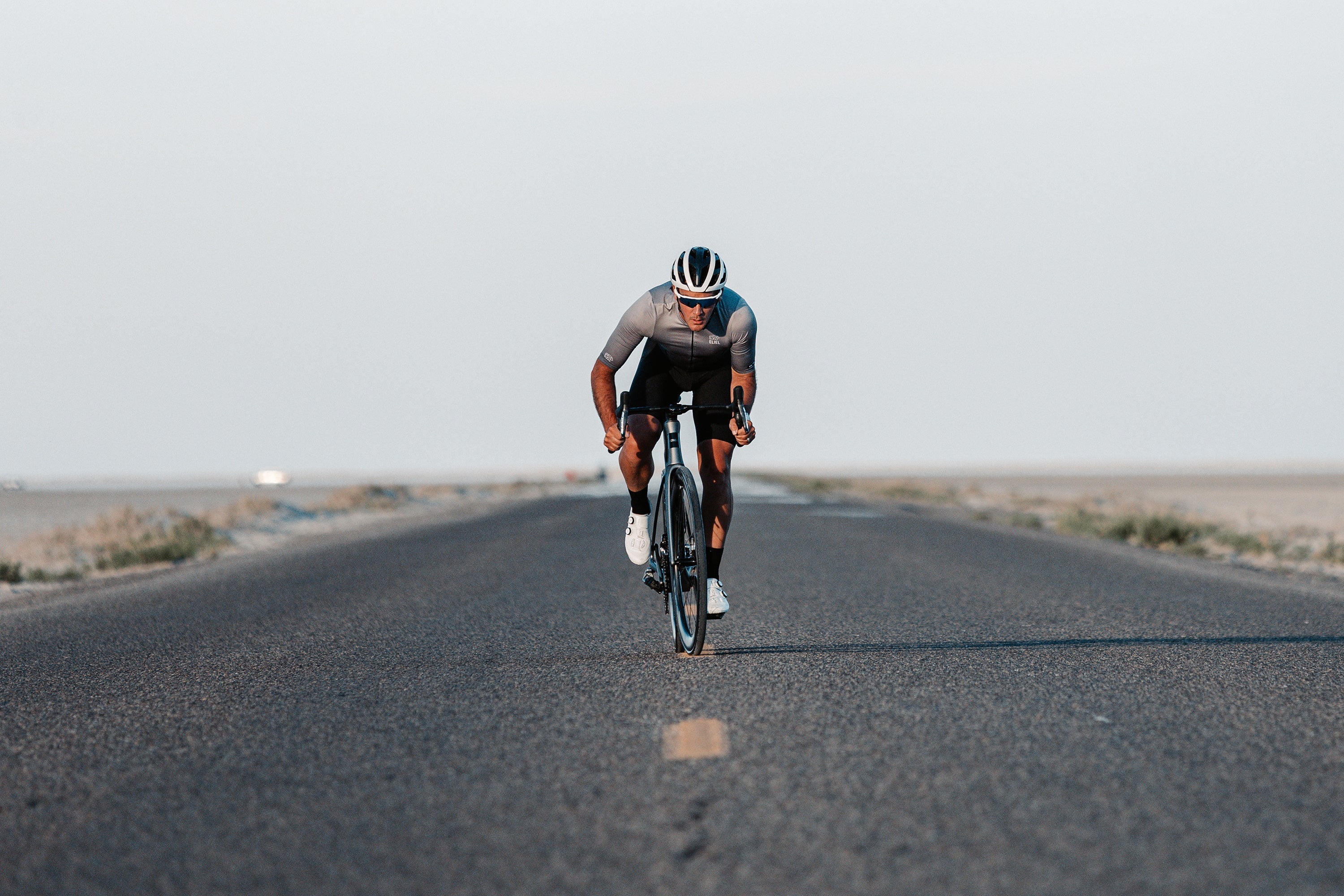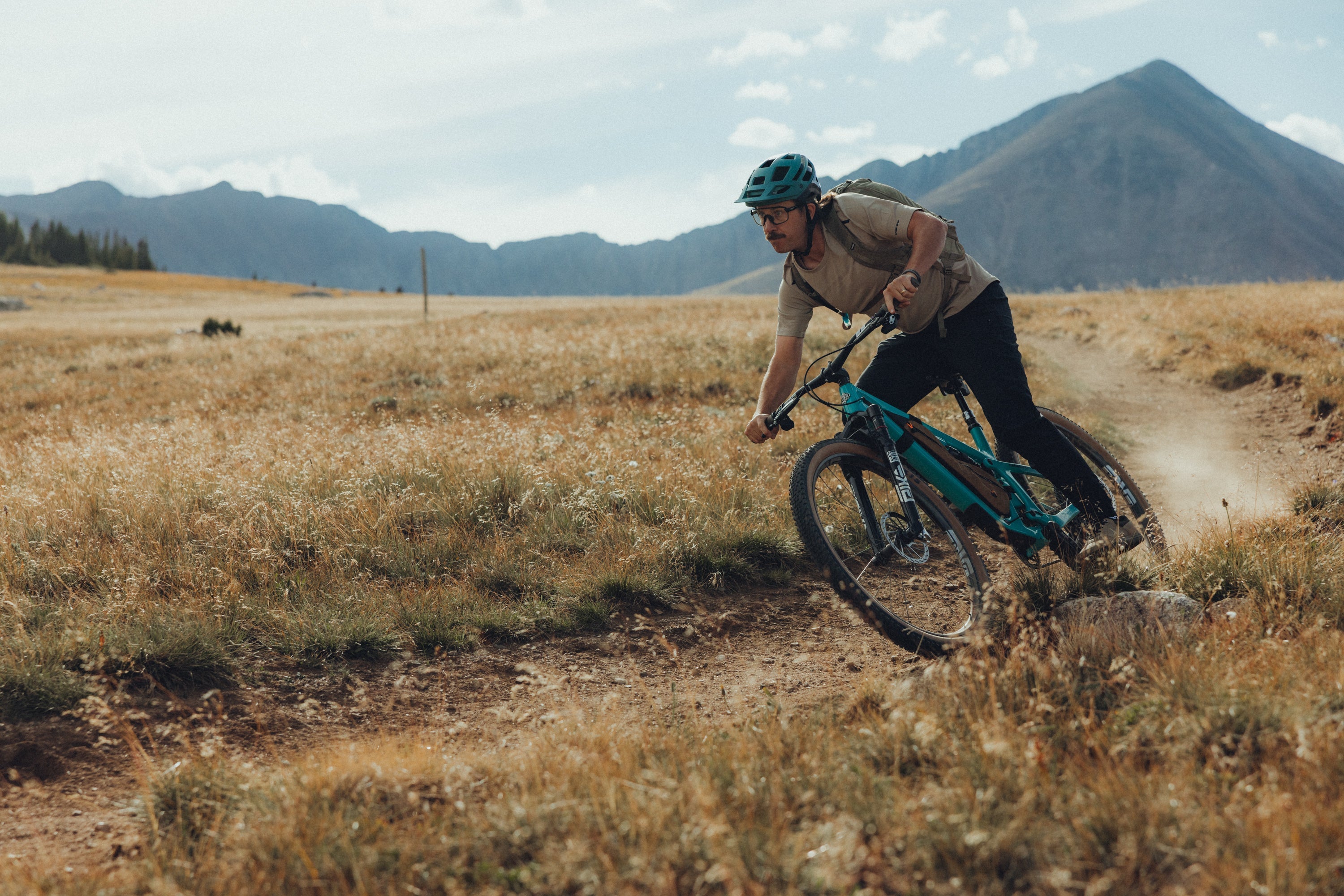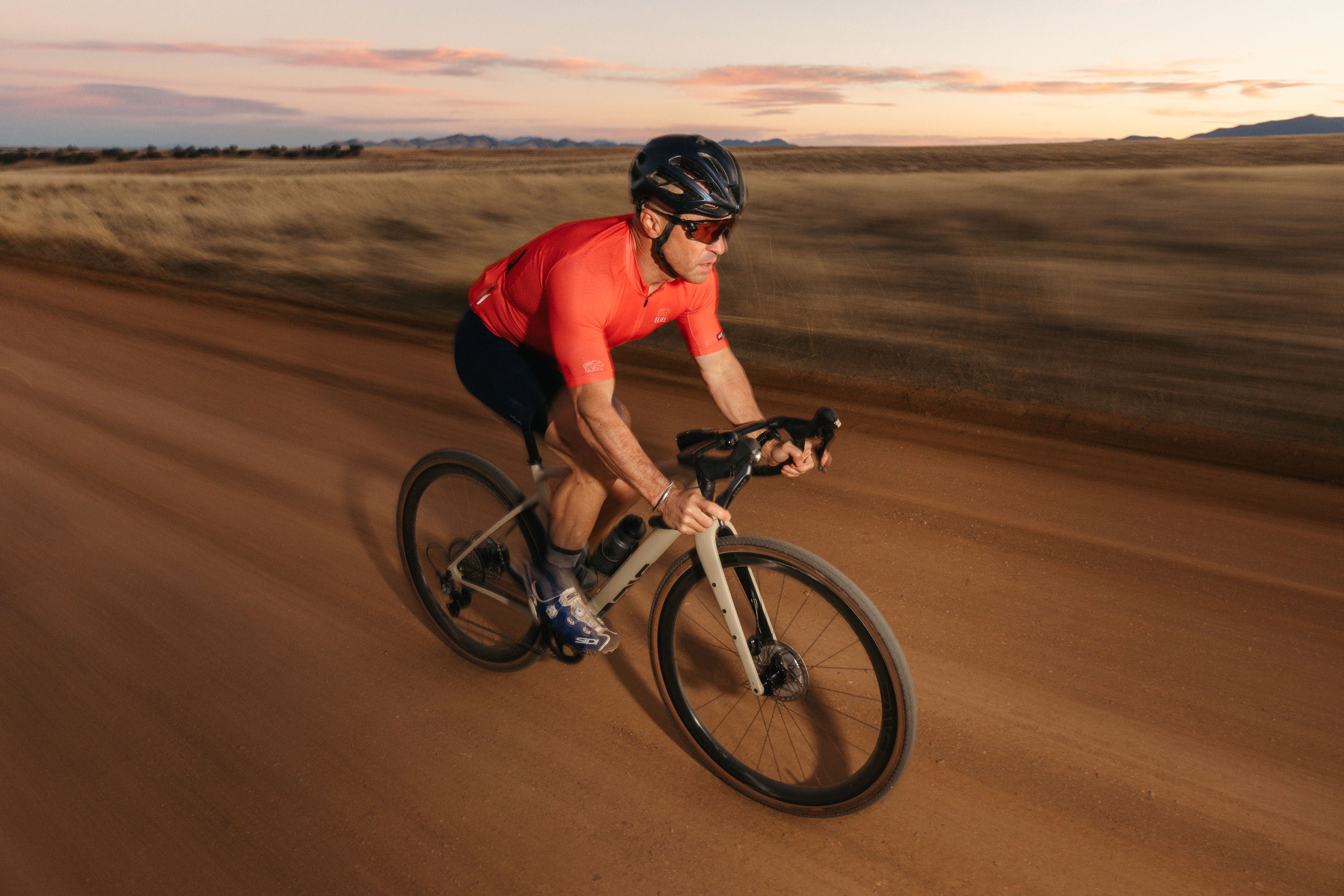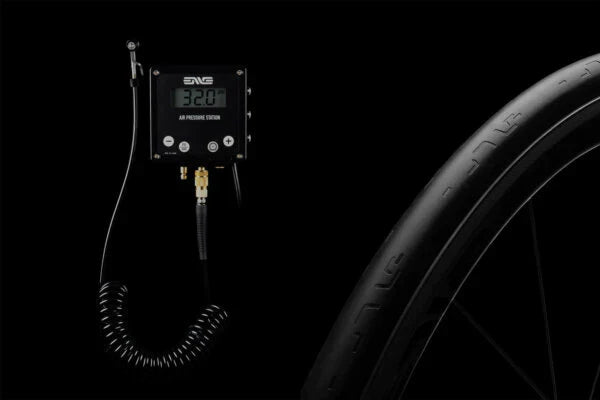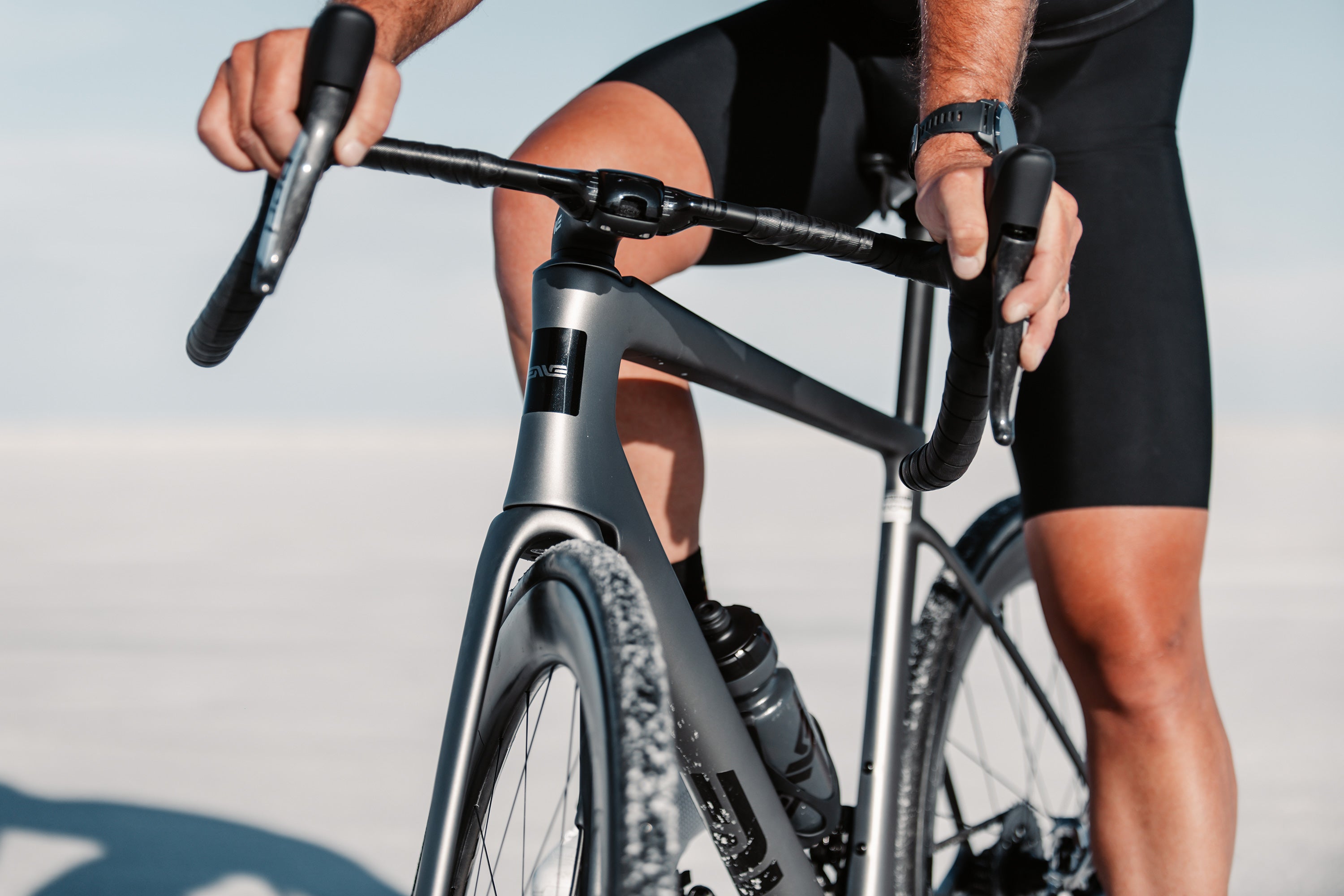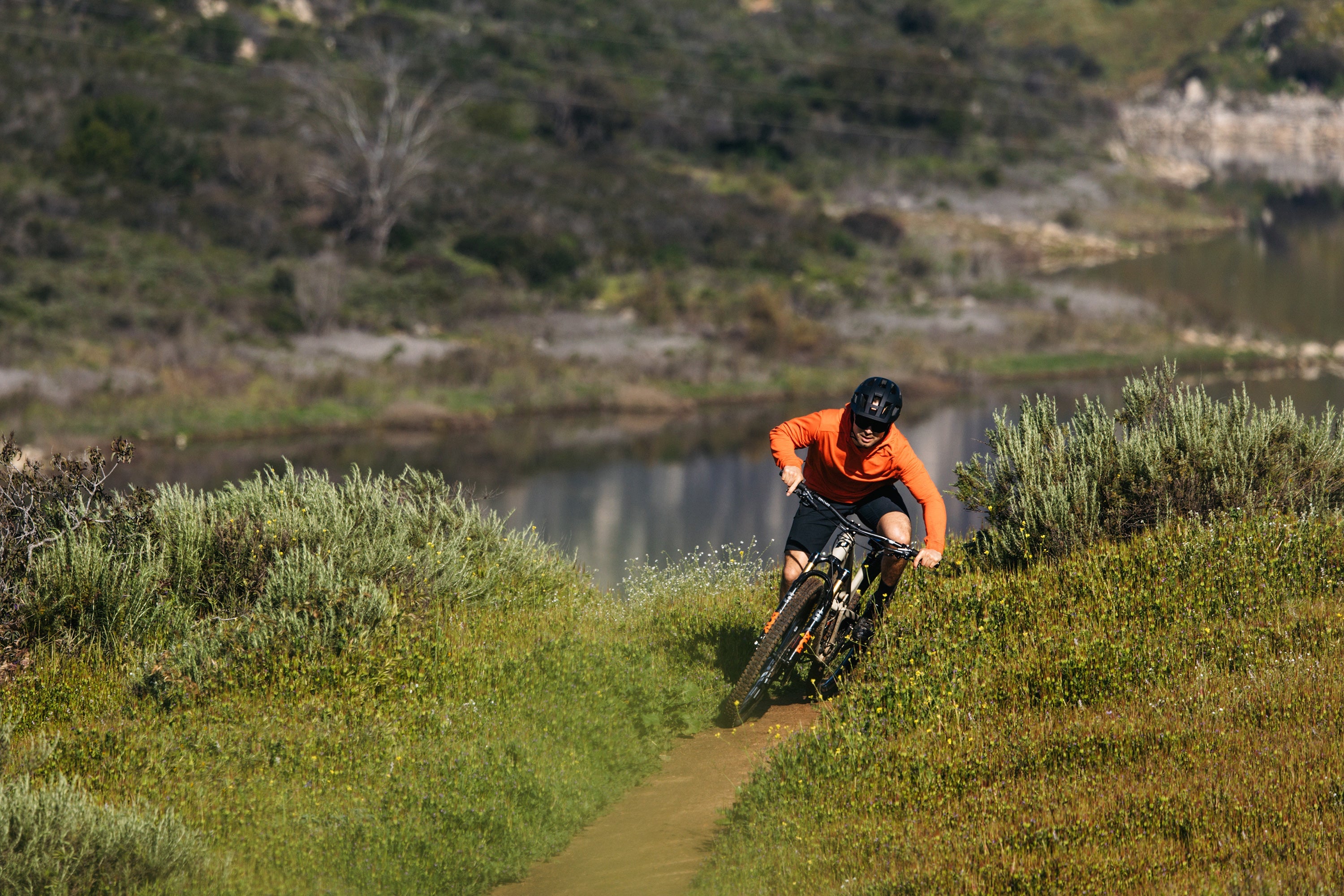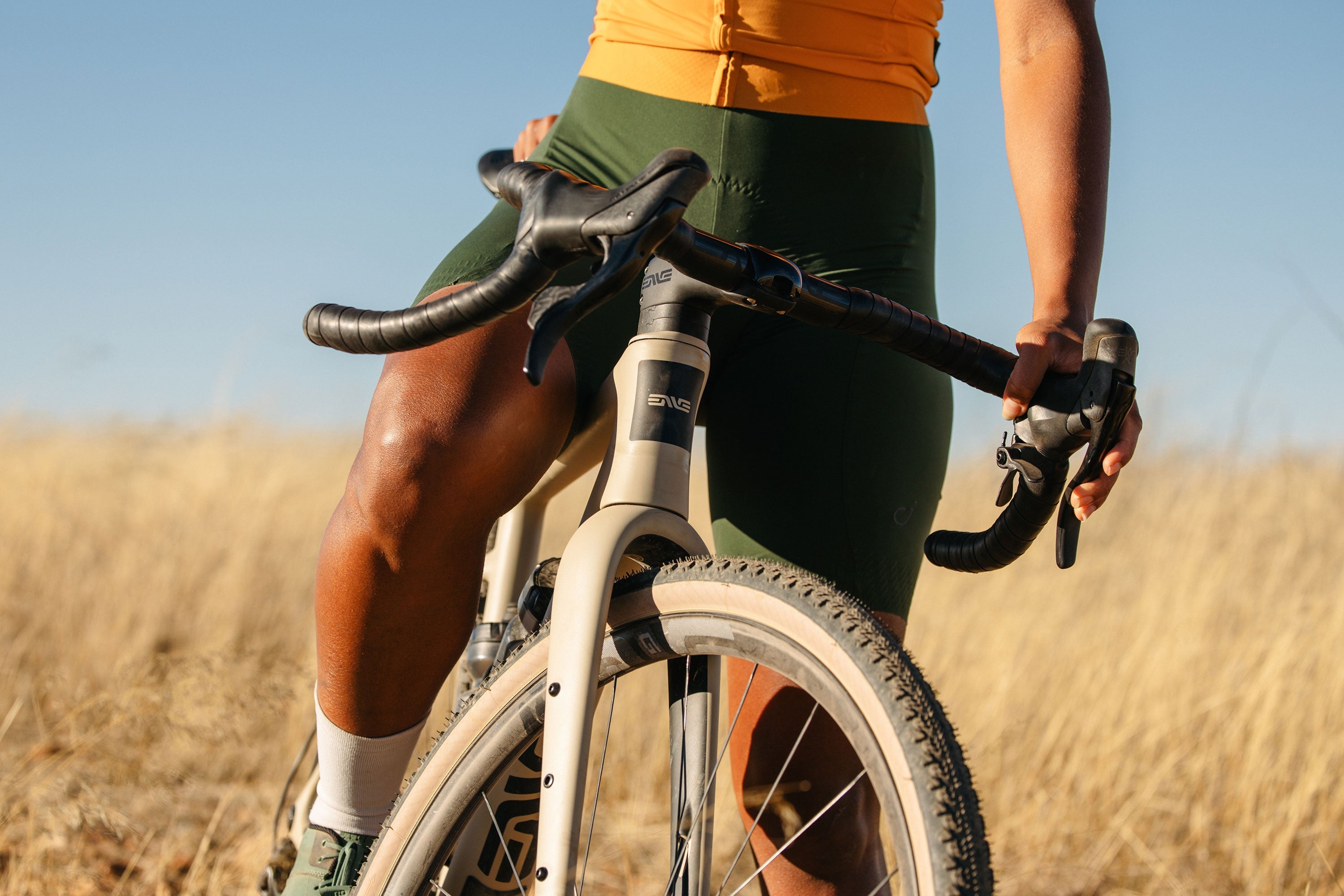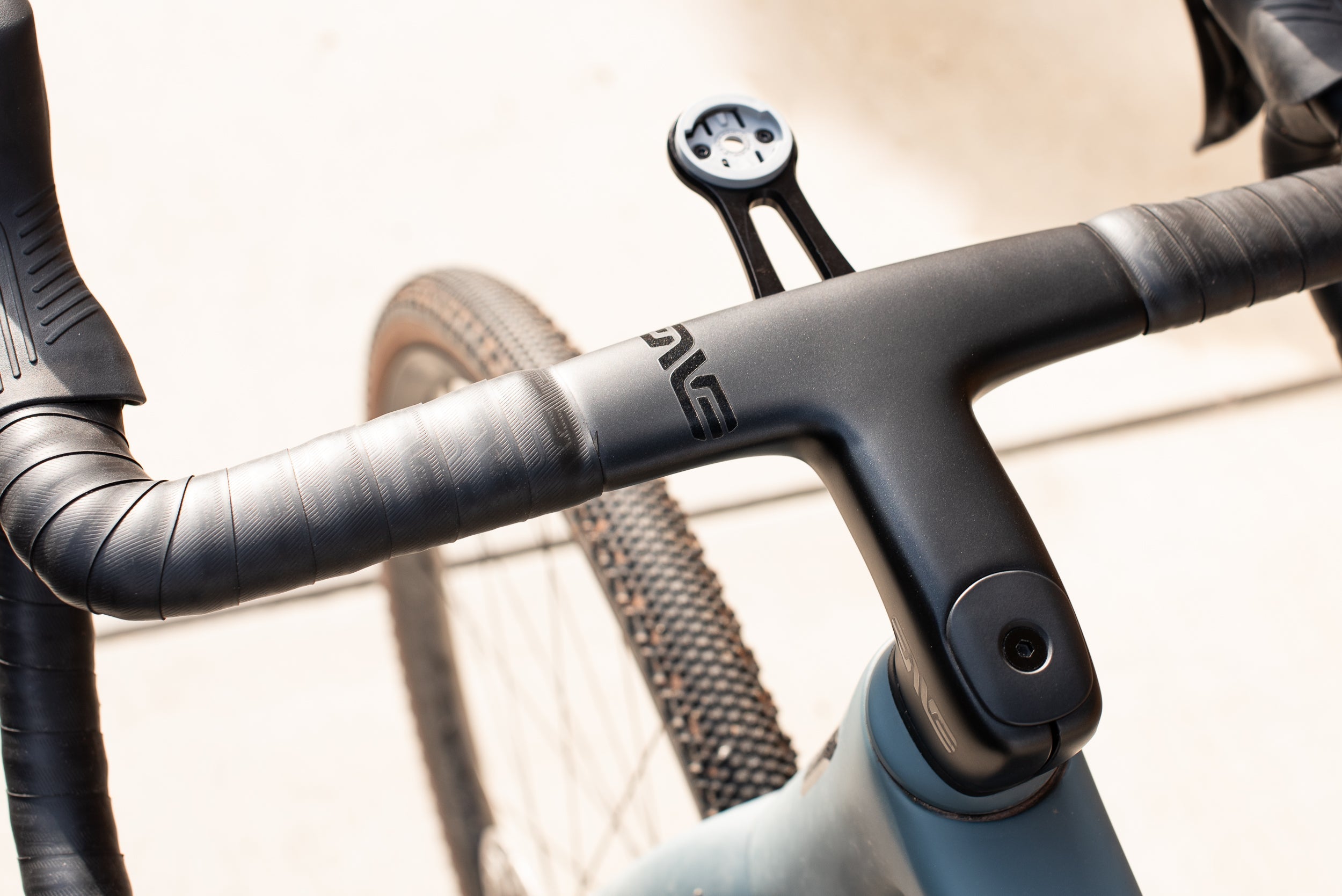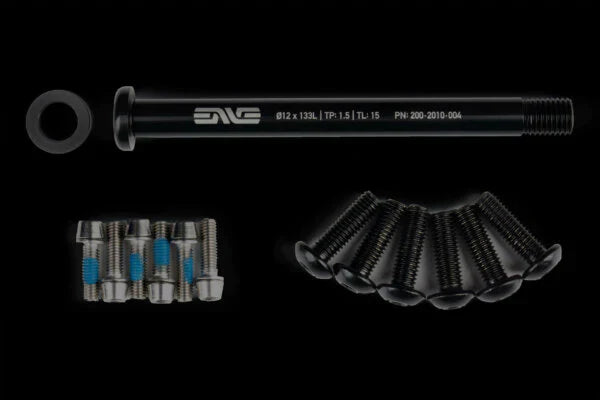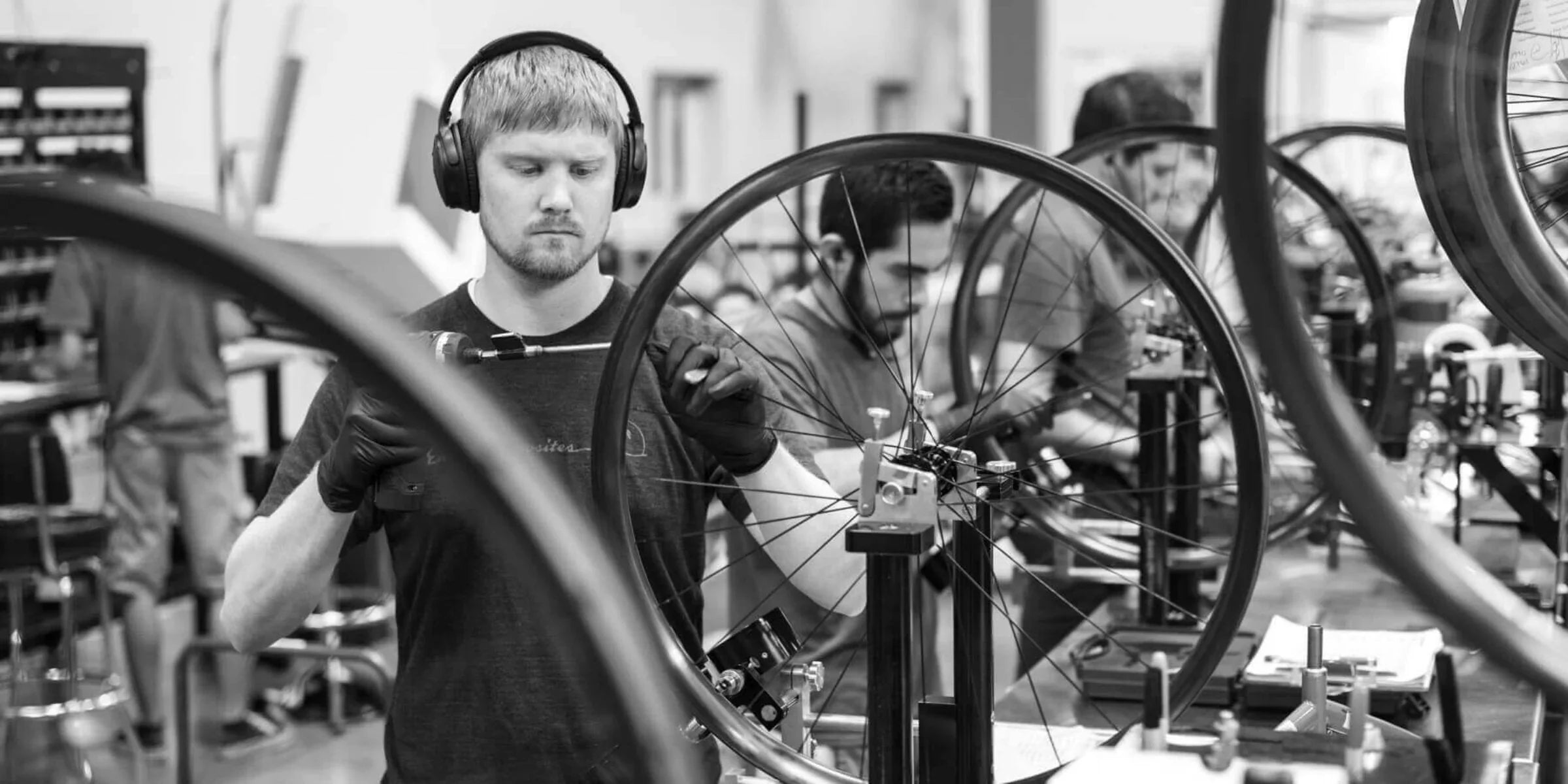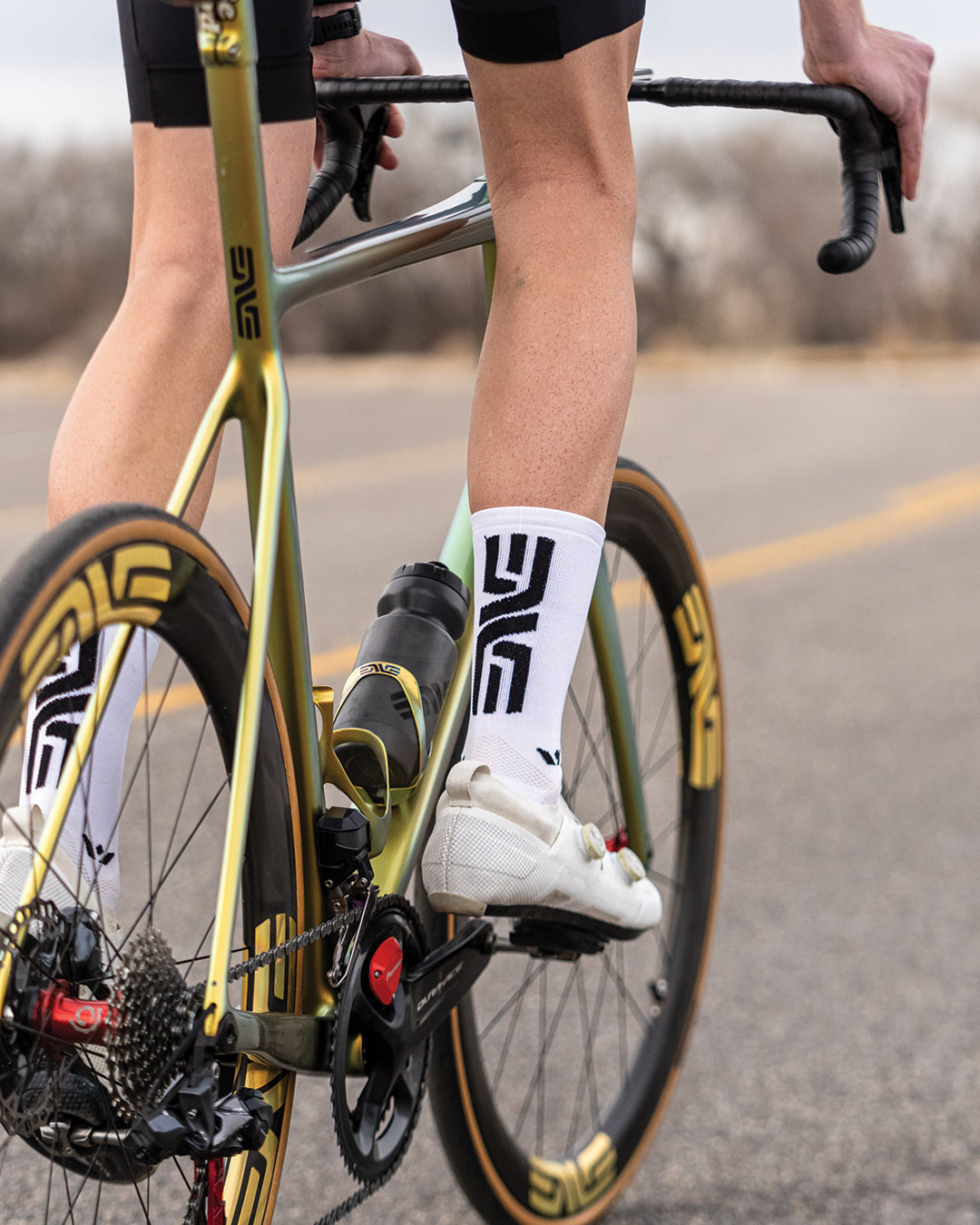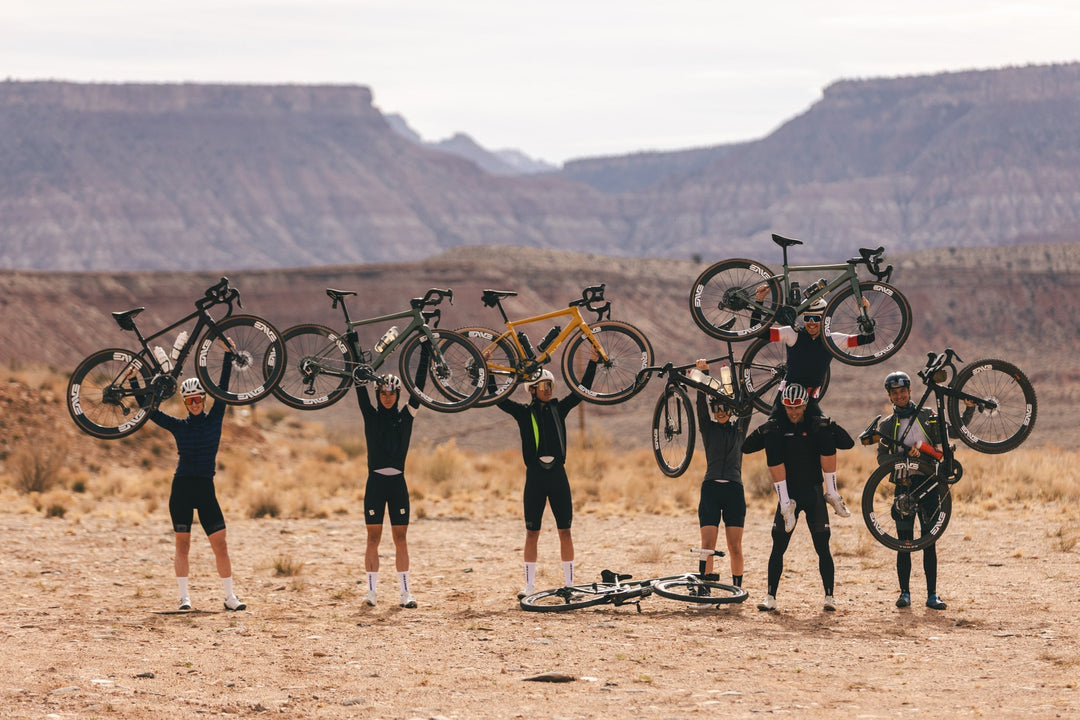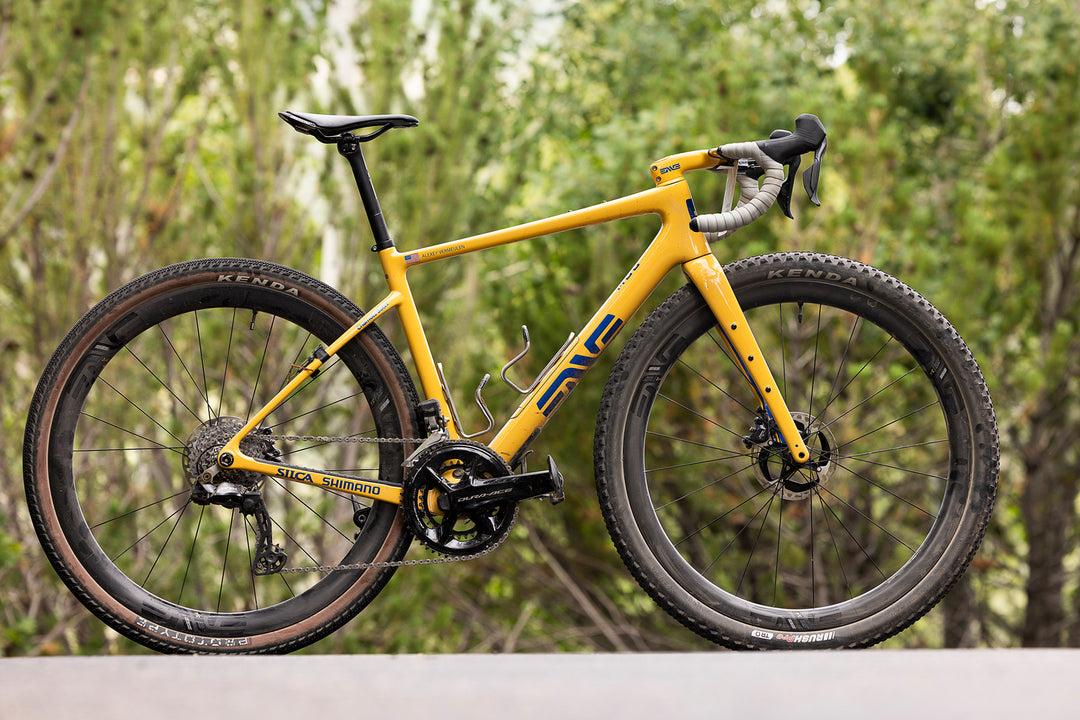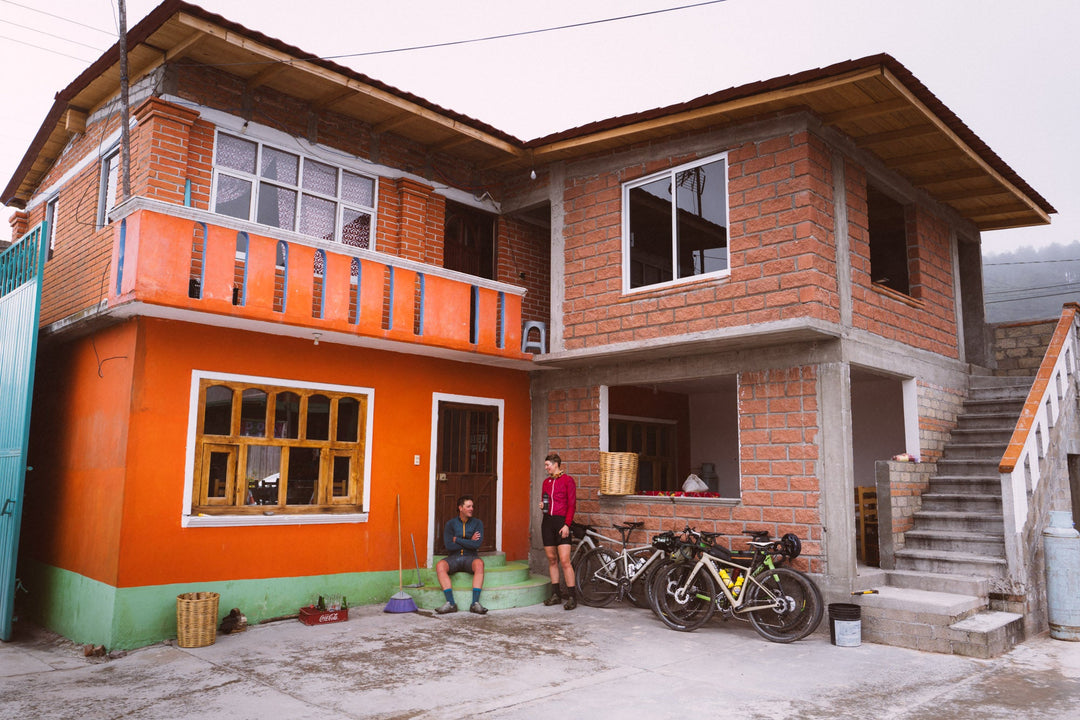Team Dimension Data: Mission GC - Coaching a Contender
In 2014, just as ENVE was looking for a special team to sponsor, one with a true purpose beyond results, Team Dimension Data principal Doug Ryder asked his riders which wheels they wanted to ride the following season. ‘ENVE,’ they told him. It was a perfect match and a true partnership was born, one that transcends even the racing success and critical product development. Now, as the team embarks on a new challenge to place an African rider on the podium of the Tour de France by 2020, we take you inside the team throughout the winter to find out how they’re working towards that goal. Stay tuned for new stories every week.
Photographs by Scott Mitchell
Louis Meintjes returned to Team Dimension Data for Qhubeka with the specific goal of reaching the podium of the Tour de France by 2020, and making history as the first African rider and the first African team to do so. The 26-year-old has all the makings of a contender: he climbs brilliantly and is no slouch in a time trial; he has already ridden seven Grand Tours, proving his durability by finishing six of them and his capability by doing so in the top 10 on three occasions. At each of the last two Tours de France, Meintjes placed eighth overall and second in the young rider classification, on both occasions losing time in avoidable situations. The potential is clear and puts Meintjes in an exclusive club of rising talent. What makes him unique is that he’s blazing a trail where no African rider has gone before.
No one at the team is under any illusions that the progression from eighth to third – or higher – is anything but a huge step. Every aspect is being studied and, where possible, improved. He will have stronger and more dedicated team-mates in support; his time trial position will be honed in a wind tunnel. But one element matters more than all the rest: he must become even stronger.
The man charged with making that happen is team coach Trevor Court. “I need to start doing some shoulder exercises to carry this pressure, eh?” he laughed when we sat down with him at the team’s camp in Cape Town late last year.
How well do you understand how Louis fares over a three-week race?
I think he actually gets better. At the last Tour, Simon Yates started really strong and in the last week it seemed like he was going down and Louis was getting stronger. It was the same at the Vuelta. I think Louis has that ability to start off slower, build momentum and then get stronger. It’s so important to be strong in the final week of a Grand Tour. I think it showed this year on the Telegraph-Galibier stage when he was dropping Yates but couldn’t quite do enough to get the white jersey. It comes down to having the right training, recovery, preparation, and really knowing the race route so he can plan what to do when, and also having team-mates around him to help in certain situations.
What are his relative abilities over different lengths of climbs?
He has very good 10-minute power. He did 7W/kg at Pays Basque on the final climb of stage 5 and was fifth on the stage behind the likes of Alejandro Valverde and Romain Bardet. From 10 to 30 minutes he’s very good.
The Angliru in the Vuelta was a really good example of a longer climb. It’s in two parts: there’s a cat 1 climb, then a slight descent, then they start up the last climb. A lot of guys were dropped at the top of the cat 1 climb into the descent, including Louis and also Fabio Aru. On the flat section, Aru made a massive effort, then a few minutes into the climb, Louis, riding his own tempo, passes Aru. I think for a young guy that shows he’s actually very mature. There are a lot of other riders at that age who would have panicked and followed Aru.
“BY DOING THE GIRO WE’RE HOPING TO FIND A BLUEPRINT, THEN IN THE FOLLOWING YEARS WE CAN APPLY IT AND KNOW WHICH RIDER WILL DO WHICH SUPPORT ROLE”
If it isn’t a cold calculation of watts-per-kilo, what is the step that you think he needs to make to reach the Tour podium?
I think it is a bit of a confidence thing. As he’s matured, I think that confidence is coming along and he’s realising that he does deserve to be there and that he is a really good rider.
Louis is a rider that limits his losses. He’s always been very calculated. At times he maybe needs to take that away and risk it all to see what happens. He did that in 2014 on the final stage of Giro del Trentino, where he was second to Mikel Landa. On the last climb he dropped Wiggins, Evans… When he has that confidence it shows but most of the time he has the switch on to limit his losses and that can be a block to progressing. We have to bring people around him to give him that confidence, whether it’s staff or riders or technical – with the bike, the wheels, the equipment – all of those things will give him confidence. And the training gives him confidence, too.
What do you hope to learn at the Giro d’Italia and experiment with there?
We have some exciting young talent, such as Scott Davies and Ben O’Connor. We’re trying to identify a key group of riders who can support Louis, not necessarily on the final climb but leading up to it. I think he’s alright in the final climb but it’s the penultimate climb, when things start to disintegrate on the descent, and he’s a small guy. Hopefully we can have the likes of Ben taking him to the front and getting him in the right position. By doing the Giro we’re hoping to find a blueprint, then in the following years we can apply it and know which rider will do which support role.
And you’ll also be learning about his recovery, how he comes out of rest days, and so on…
Yes. At Grand Tours, the doctor takes their weight every day in the morning and also gets a little bottle of urine from them to see how hydrated they are. I’ll also be there doing body composition to see that when they do lose or pick up weight is it water weight or muscle mass. And we also collaborate with the chef to ensure they’re getting the right food. So it’s a big network in support of Louis and the other riders. It wasn’t always the case, but we’re now able to give the same level of support to all the riders. In the run-up to the Giro we’ll be testing all of the support around him and also looking for a result to give him confidence.
Do you have an understanding of how hard you can race him in the build-up to a Grand Tour?
Yeah, I think he’s pretty robust. In 2015, on his first Tour, he was out with gastro problems and lost quite a bit of weight. He started that race at 58kg and dropped to 54kg. After that he went to the Vuelta at 54kg and was only gaining it back slowly. It got to the point at which we, as a medical group, had to have a conversation and say ‘This is very on the edge, so can he still go for GC or should he deliberately lose time and go for stages?’ And it was fine. It was a heavy workload but he came ninth that year in the Vuelta. Sometimes you’re uncertain how far to push the body – a bit extra can be beneficial but if you push it too much then it can fall apart. I think what happened at that Vuelta was that it pushed him a bit over his capacity and his body responded really well. It was great for us because we didn’t know that he would respond like that. Quite often it’s difficult to see how the riders will respond, so you often err on the side of caution to avoid blowing them up.
Can you calculate what energy you can spend at what points in a Grand Tour?
Every Grand Tour is different. Sometimes the first week can be a walk in the park, other times it’s really tough. As a performance group we will highlight certain stages and say ‘Maybe we go easier on this day and then really focus on this day because it really suits your characteristics.’ Maybe it’s a 10-minute climb and he knows that it’s a day when he can afford to give a bit extra. It’s always hard on GC because you always have to be there. You have to go the speed that everyone else is going, so it’s really difficult to predict when to use the energy.
A lot of the time, with riders like Froome, you end up following wheels anyway. It would be a different story if Louis were setting the pace, thinking ‘I’m going to go and Froome is going to follow me’. I don’t think we are at that level at the moment in terms of his performance but hopefully in the near future we will get him to that level. We know what works for him.







